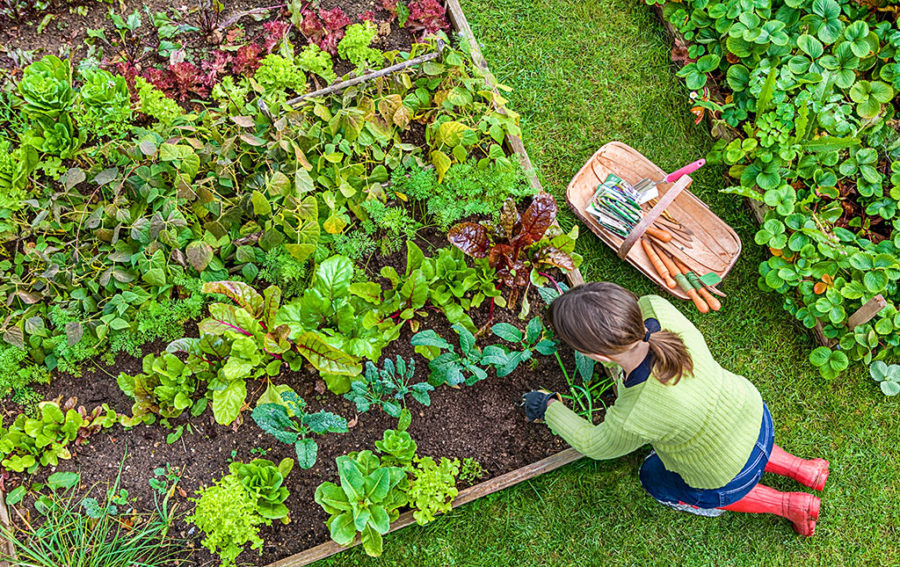How to Start a Garden
April 21, 2021
Gardening is a very common hobby, and it can become one of yours too if you learn the tips and tricks to starting a garden. Gardens do not need to be expensive, and it can be easy to accommodate different areas where they can grow. There are many things that can be grown in a garden including various different produce options. Choosing to include this in your hobby list can be very rewarding, enjoyable, and a good pastime. To start the journey of a wonderful garden, take these steps into consideration.
While preparing for a garden, think about where the best location can be for it to thrive. Something to consider when choosing a location is what you’re planning to have grow in your garden. Some plants or produce may need more or less sunlight, moisture, and different types of soils so be sure to research what your choices need to grow. For vegetable gardens, they can be done in the lawn, but there are also raised garden beds which may be easier. With raised garden beds there’s no need to rip up grass or do any work to the yard. According to UGA, raised beds also “allows the soil to drain better” and “allows for a longer growing season and better growing conditions”. Gilmour has mentioned that Southern New Hampshire is in growing zone six, meaning “you have many growing options” because the climate is generally mild. Going along with preparation tips for the garden, think about how you want the garden to be set up. Do you want it in a line? Different bunches in the area? There are many different options to choose from while designing your garden so pick what best suits your wants and needs.
Once your location and choice of plants or produce is chosen, invest in a nutrient rich and well-drained soil to grow your plants to their best potential. Fan Winston, a writer for Gardenista, mentioned instead of using store bought fertilizer, “add crushed eggshells and coffee grounds to soil for a shot of calcium and nitrogen, which are both essential to plant health.” There are many store bought fertilizers, like MiracleGro, but this would be a cheaper alternative. Along with soil, having mulch around each plant will help them grow and increase the longevity. According to Malcolm Beck from Garden-Ville Horticultural Products, mulch protects the gardens by filtering out the sun which reduces weeds and reduces the moisture that evaporates which means watering them less.
In order to increase the longevity of your plants it is important to keep up with some garden chores. The first one being, feed them regularly. Having good soil will help, but adding good plant food along with the good soil will bring out your plant’s best potential and characteristics. Reddit commenters seem to agree that the brand MiracleGro has multiple options and is the most popular store bought plant food, but there are homemade options as well like mixing epsom salt, baking soda, and ammonia, according to Glenda Taylor from BobVilla.
Watering the plants when they need it is a crucial part in keeping them alive, so do your research on when to water certain plants or produce and keep an eye to see if any are looking dry. According to Better Homes & Gardens, a good way to check if plants need watering is to “Feel the soil 3 to 4 inches below the surface. If it feels dry it’s time to water”. BHG also mentioned that “watering early in the morning minimizes evaporation”. Another garden chore is to pull any weeds out and get rid of any harmful bugs either by water or an anti-insect formula.
Gardening does not need to be hard or over the top extravagant. These simple tips are a good base to go off of while starting your garden. Everyone’s situations are different, so find what works best for your yard, lifestyle, climate, and taste by testing different options out that you can accommodate. Once your first flowers bloom or your produce starts to grow, you may find that gardening is a hobby you want to continue!

